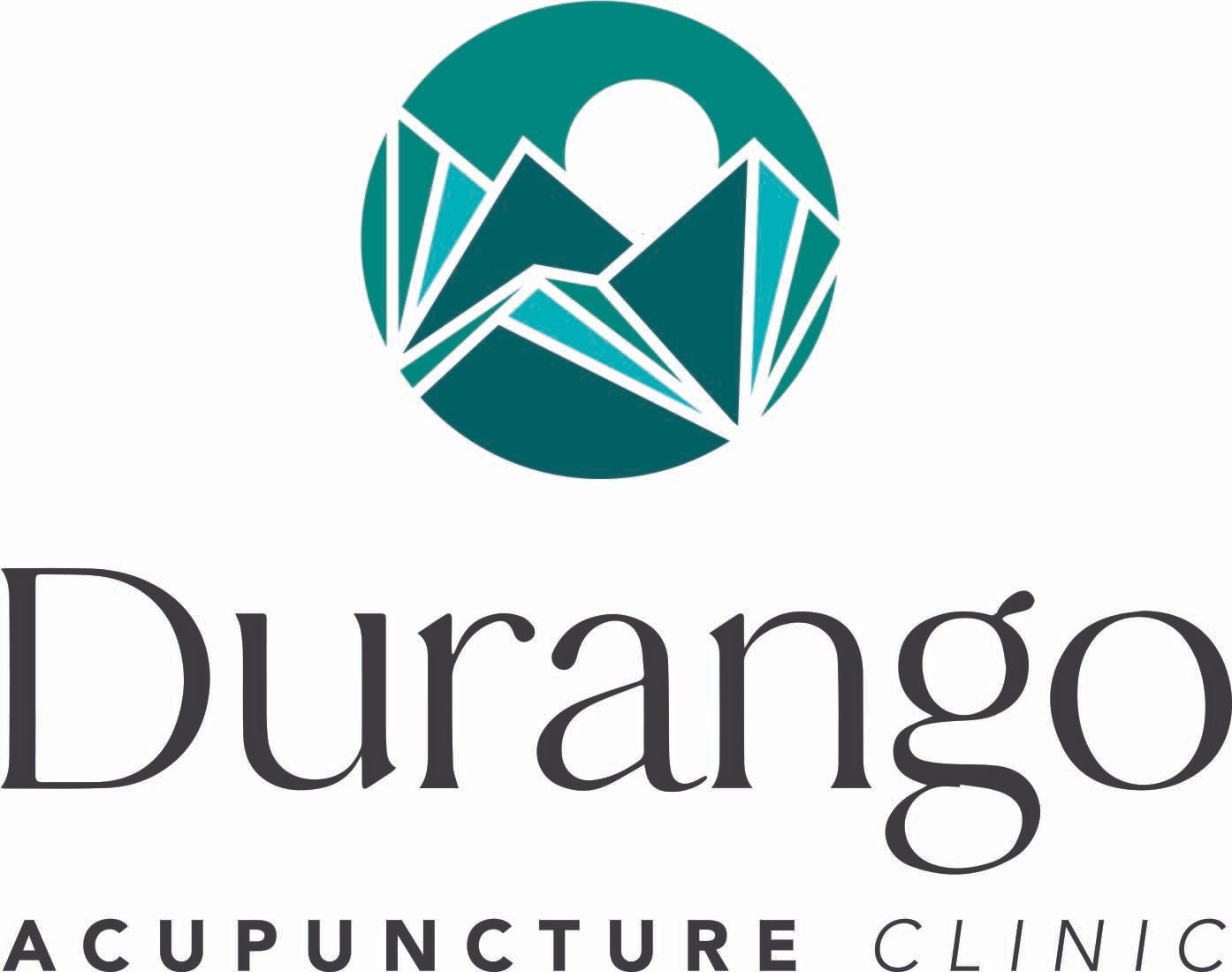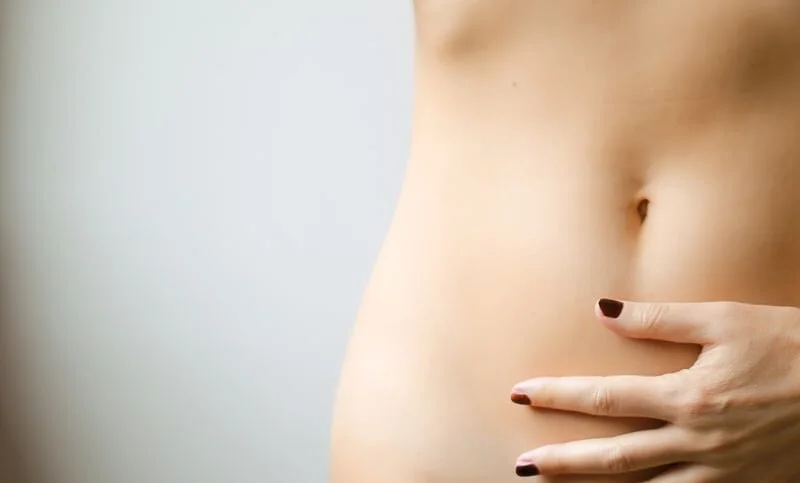🌱 The Secret World of Your Microbiome
Remember the Dr. Seuss book Horton Hears a Who? Where Horton goes a little nutty after discovering an entire world living on a speck of dust? That’s exactly how I imagine our microbiome — a whole Seussian universe of quirky characters living inside our gut, skin, and mouths.
Yep, despite our best 2020-level OCD cleaning habits, we’re crawling with bugs — and it’s fabulous. ✨ Like any bustling civilization, our microbiome is made up of average joes, quirky sidekicks, and a few troublemakers who all play a huge role in everything from our digestion to our mood.
For decades we focused on killing off bacteria, but science now shows us: the “good guys” are the real heroes of our immune system. Without them, we’re in trouble.
🧪 Meet Your Microbes (for real)
I now offer the GI-MAP stool test — one of the most advanced tools for discovering exactly who’s living in your personal “dust speck” and what they’re doing.
This lab doesn’t just identify the organisms in your gut — it maps out your microbial balance, detects pathogens, shows how your digestive + immune systems are functioning, and helps us create a highly targeted plan for your health.
Because honestly? You may not be as in control as you think (haha).
🦠 Why Your Microbes Matter
Your microbiome influences:
🌸 Allergies (food + seasonal)
🌸 Digestion (IBS, candida, Crohn’s, etc.)
🌸 Heart health + blood pressure
🌸 Blood sugar + diabetes
🌸 Mood + depression (hello gut-brain axis)
🌸 Autoimmune disease
🌸 Addiction pathways (!!)
🌸 Obesity + metabolism
🌸 Cancer risk + prevention
🌸 Arthritis + inflammation
🌸 Immune strength overall
🌸 Neurodegenerative diseases (Alzheimer’s, MS, Parkinson’s)
Basically: your microbes are pulling a lot more strings than you think.
👶 From Birth Canal to Backyard
From the moment we’re born, bacteria are shaping our health. Babies pick up bugs from mom’s birth canal (yep, my daughter also made the “eww gross” face when I told her), then diversify through breastfeeding, pets, playing in dirt, and eating all the things.
Studies even show kids raised with dogs have fewer ear + respiratory infections. And kids raised in overly sterile homes? More allergies and sensitivities later.
So yeah… your slobbery labradoodle is probably doing your kid’s immune system a solid. 🐾
🌿 7 Ways to Supercharge Your Microbiome
📊 Get tested with a GI-MAP stool test at the clinic.
🐕 Snuggle a pet (or three).
🧼 Wash hands instead of sanitizing when possible (ditch the antibacterial soaps).
🥬 Eat local, organic, soil-rich veggies.
🌸 Acupuncture: shown to encourage beneficial bacteria + boost mood via the gut-brain axis.
💊 Take the right digestive enzymes + probiotics (I’ll help you pick what actually works).
🥒 Load up on fermented + polyphenol-rich foods (sauerkraut, kombucha, kimchi, blueberries, cocoa, pomegranates, green tea, and yes — red wine 🍷).
✨ Bottom line: The more diverse your microbes, the healthier you are. If you want to peek into your personal microbial universe (and get targeted strategies to balance it), ask me about the GI-MAP stool test at your next visit.
Your gut bugs will thank you. 💚




